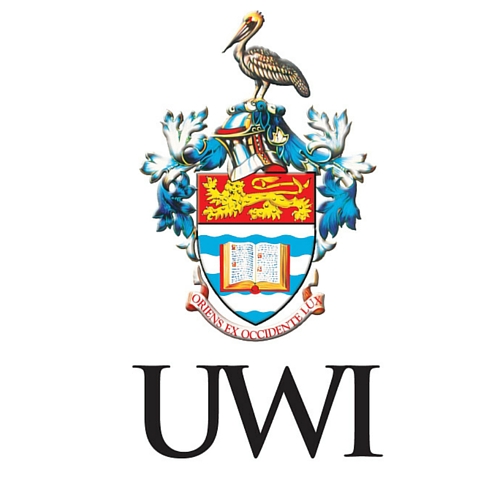(Jamaica Observer) Undergraduate students enrolled at The University of the West Indies (The UWI) breathed a sigh of relief as Vice-Chancellor Sir Hilary Beckles revealed that increasing tuition for this grouping will not be a part of the institution’s new financial strategy to balance its budget. However, Beckles did indicate that there will be some increases for certain programmes offered by the university.
“We do not intend to pursue a policy of increasing fees within the context of this pandemic and its challenges,” said Beckles. At the moment, tuition fees amount to about 15 per cent of the university’s overall cash income.
He was speaking at the post-executive management retreat media briefing yesterday (Thursday, July 15, 2021).
The announcement follows a strategic planning retreat on July 14 involving Beckles and The UWI’s executive management team. Coming out of that retreat, the objective is to launch Operation RR75+, the second five-year tranche of UWI’s 10-year strategic plan. The university has long complained that it is not in a financially sustainable position. The vice-chancellor explained how much it takes to keep the institution afloat on an annual basis.
“The University of the West Indies across its five campuses has an operational expenditure of just over US$300 million. But what we have been experiencing is a shortfall in the area of US$30 to US$40 million dollars, so our agenda is, first of all, to generate enough revenue through our commercial activities or our entrepreneurial culture every year to fill that gap,” he said.
“We have decided that we will take responsibility for this gap and we will pursue commercial strategies to close that gap and hopefully in the medium term to generate a surplus to put back into the institution,” said Beckles.
But there will be some tuition changes. “What we have to do is to look at how we price individual programmes,” he continued, arguing that some disciplines do produce a higher value added to the graduate and to the economy, and, as a result those programmes should be priced accordingly. The UWI vice-chancellor didn’t reveal what disciplines might see changes in tuition but he noted that “by looking at the area of academic product pricing, we could bring that contribution to the budget from around 15 per cent to maybe 20 per cent”.
He also announced that students pursuing a master’s degree will see tuition increases. “We have to look at pricing of those master’s programmes as well to ensure that they are globally competitive and reasonable,” he said. But he noted that the increase is not a fundamental part of the institution’s new financing strategy.
At the moment, undergraduate students are required to pay 20 per cent of the cost of their academic programmes. The university uses an 80/20 model because governments are required to pay 80 per cent of the cost to educate their citizens at the UWI. However, master’s programmes aren’t subsidised at The UWI.
Beckles boasted that the university is reducing its dependence on Government assistance through the introduction of ‘UWI hybrid’ which will see the institution taking on a more entrepreneurial role in generating income.






